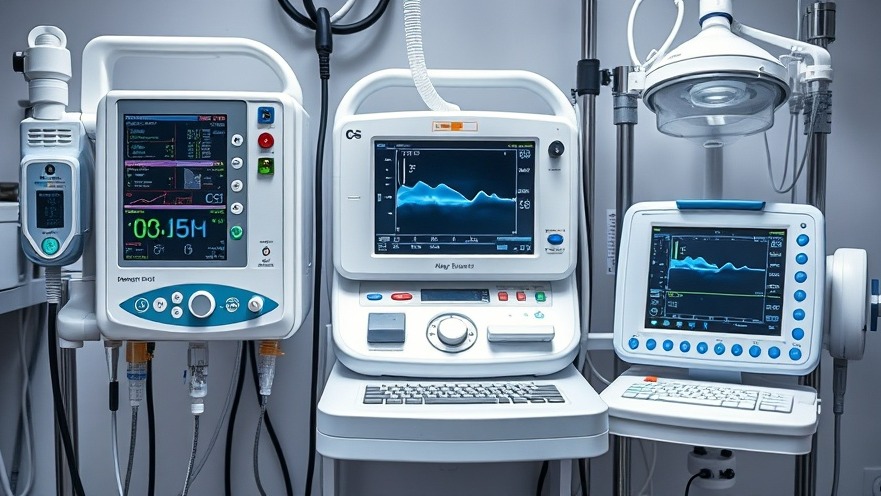
FDA Workforce Cuts Impact Medical Device Approvals
The U.S. Food and Drug Administration (FDA) is facing a crisis as the number of new medical devices approved has dropped to a startling 10-year low in the first quarter of 2025. Recent workforce reductions at the agency are reportedly contributing to this downturn, raising alarm among medical device companies, particularly in states like Minnesota where innovation and timely approval are crucial for business.
Understanding the Decline in Approvals
During the first three months of this year, the FDA approved just nine high-risk medical devices—a marked reduction from 13 in the same period last year and 14 in the year before that. Interestingly, this decline comes even as the backlog of applications has grown, suggesting that the cuts are affecting the speed and efficiency of the review process.
Critics have noted that the FDA has let go hundreds of staff and recently rehired an uncertain number of device reviewers, leading to a lack of continuity and experience in the regulatory process. This turmoil seems to correlate with the disappointing approval figures, and industry experts fear this could prolong product development timelines, already staggeringly lengthy due to the complex nature of medical device regulation.
Concerns from Medical Device Manufacturers
Manufacturers, especially those based in Minneapolis—home to numerous medical technology firms—are voicing their concerns. The Medical Alley Association, a healthcare and medtech trade group, echoed these sentiments. With many companies unable to generate revenue from new technologies without timely reviews from the FDA, the implications of slowed approvals can be dire, threatening both innovation and financial health.
The Need for Regulatory Efficiency
Regulatory bodies like the FDA are tasked with ensuring that medical devices are safe and effective, but efficiency is also critical. Stretched resources can lead to longer review times, which are problematic for new technologies that otherwise could significantly impact patient care. "The mission is important, but so is getting these innovations into the hands of those who need them most," stated an anonymous staff fellow from the FDA.
Long-Term Implications for Healthcare
The fallout from these workforce changes could have lasting effects on patient care. With fewer high-risk devices hitting the market, patients may lack access to innovative treatments that could vastly improve their quality of life. Furthermore, the delay in approvals can hinder research and development investments, creating a negative feedback loop in which new solutions are less likely to emerge.
Potential Future Trends and Insights
As we look to the future, it is essential for healthcare professionals, especially those practicing concierge medicine, to stay abreast of these developments. With ongoing fluctuations in FDA staffing, the industry might see a push for alternative regulatory pathways or even inspire conversations around legislative reforms to enhance efficiency without compromising safety. Strategic foresight will be vital as practitioners navigate a landscape increasingly marked by regulatory uncertainty.
Actionable Insights for Health Practitioners
Concierge health practitioners should prepare for potential shifts in device availability and consider alternative solutions while awaiting new technologies. Staying informed through continuous education, networking with industry contacts, and leveraging technology for innovative patient care will be key.
Conclusion: The Urgency of Advocacy
The slowdown in FDA medical device approvals demands attention from all stakeholders in the healthcare spectrum. As professionals who prioritize innovative patient care, it is imperative to advocate for efficient regulatory processes while ensuring we are prepared for a potentially protracted approval landscape. Now is the time to engage with advocacy efforts that can foster positive change, enhancing both patient outcomes and the future of medical technology.
 Add Row
Add Row  Add
Add 






Write A Comment